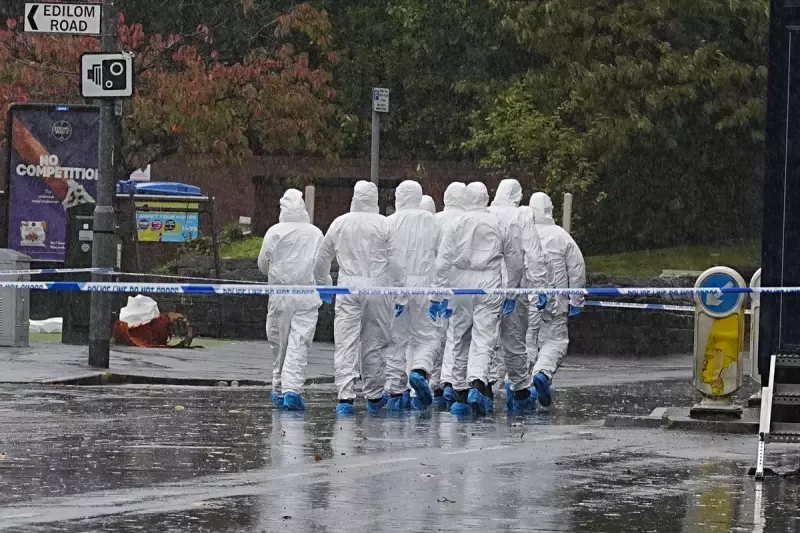
Cabinet minister Kemi Badenoch has launched a stinging attack on Greater Manchester authorities, accusing them of demonstrating "institutional bias" against the Jewish community by scheduling a significant public event on Yom Kippur, the most sacred day in the Jewish calendar.
The Business Secretary and equalities minister expressed outrage after learning that a major cycling and walking event had been planned for October 12th, coinciding directly with the Jewish Day of Atonement when observant Jews fast and refrain from work.
Minister's Strongly-Worded Intervention
In a sharply worded letter to Greater Manchester Mayor Andy Burnham and Police and Crime Commissioner Donna Jones, Mrs Badenoch condemned what she described as a "deeply insensitive" scheduling decision that effectively excluded Jewish residents from participating.
"The scheduling of a high-profile public event on Yom Kippur, the holiest day in the Jewish calendar, demonstrates a lack of consideration for the Jewish community and amounts to institutional bias," the minister wrote.
Manchester's Response and Apology
Greater Manchester Combined Authority swiftly acknowledged the oversight and apologised for any offence caused. A spokesperson confirmed that event organisers are now working directly with Jewish community representatives to ensure future scheduling avoids major religious observances.
However, the controversy has reignited debates about religious inclusion in public planning and whether sufficient consideration is given to minority faith communities when organising large-scale civic events.
Political Reactions and Wider Implications
Labour leader Sir Keir Starmer's office declined to comment directly on the minister's accusations but emphasised the importance of interfaith understanding and inclusive event planning.
The incident comes amid growing concerns about rising antisemitism in the UK and follows several high-profile cases where public institutions have faced criticism for failing to adequately accommodate Jewish religious practices.
Community leaders have welcomed the minister's intervention but stress that lasting change requires systematic reform in how local authorities approach diversity and inclusion in their planning processes.





